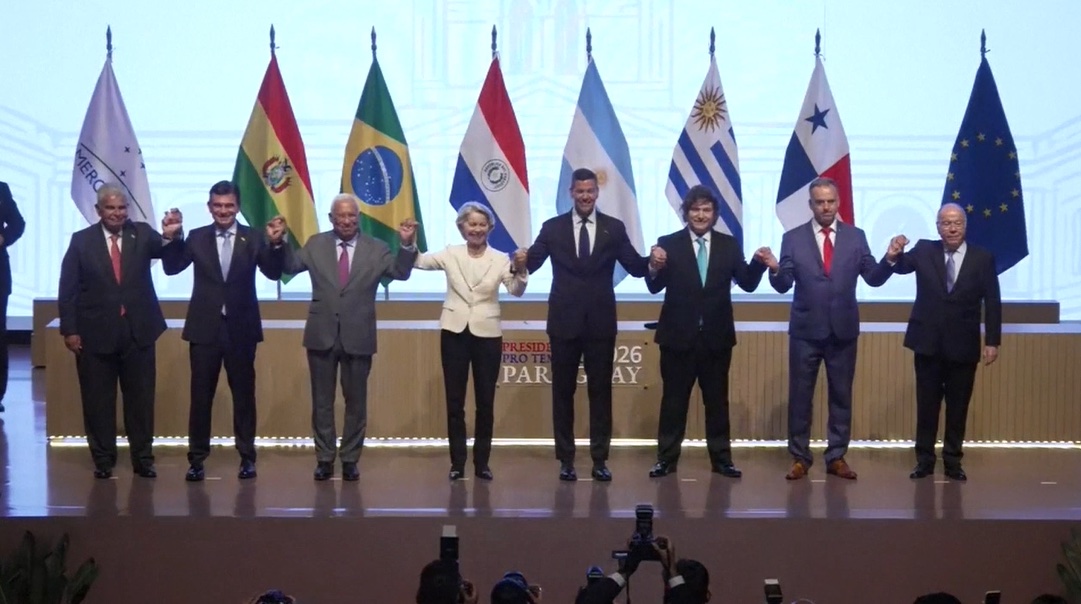#Europe
Commission presents updated approach to fiscal policy response to coronavirus pandemic
The Commission is committed to ensuring a coordinated and consistent policy response to the current crisis. This requires credible fiscal policies that address the short-term consequences of the coronavirus pandemic and support the recovery, while not endangering fiscal sustainability in the medium-term. This Communication aims to support those objectives.
Guidance for coordinated fiscal policies
The coordination of national fiscal policies is essential to support the economic recovery. The Communication specifies that fiscal policy should remain agile and adjust to the evolving situation. It warns against a premature withdrawal of fiscal support, which should be maintained this year and next. It provides that once health risks diminish, fiscal measures should gradually pivot to more targeted and forward-looking measures that promote a resilient and sustainable recovery and that fiscal policies should take into account the impact of the RRF. Finally, fiscal policies should take into account the strength of the recovery and fiscal sustainability considerations.
This guidance will facilitate Member States in the preparation of their stability and convergence programmes, which should be presented to the Commission in April 2021. The guidance will be further detailed in the Commission's European Semester spring package.
Considerations for the deactivation or continued activation of the general escape clause
The Commission proposed the activation of the general escape clause in March 2020 as part of its strategy to respond quickly, forcefully and in a coordinated manner to the coronavirus pandemic. It allowed Member States to undertake measures to deal adequately with the crisis, while departing from the budgetary requirements that would normally apply under the European fiscal framework.
The Communication sets out the Commission's considerations for how a future decision on the deactivation of the clause or its continued activation for 2022 should be taken. In the view of the Commission, the decision should be taken following an overall assessment of the state of the economy based on quantitative criteria. The level of economic activity in the EU or euro area compared to pre-crisis levels (end-2019) would be the key quantitative criterion for the Commission in making its overall assessment of the deactivation or continued application of the general escape clause. Therefore, current preliminary indications would suggest to continue applying the general escape clause in 2022 and to deactivate it as of 2023.
Following a dialogue between the Council and the Commission, the Commission will assess the deactivation or continued activation of the general escape clause on the basis of the 2021 Spring Forecast, which will be published in the first half of May.
Country-specific situations will continue to be taken into account after the deactivation of the general escape clause. In case a Member State has not recovered to the pre-crisis level of economic activity, all the flexibilities within the Stability and Growth Pact will be fully used, in particular when proposing fiscal policy guidance.
Making the best use of the Recovery and Resilience Facility
The Communication provides some general indications on Member States' fiscal policy in 2022 and over the medium-term, including the link with the funds of the RRF. The RRF will play a crucial role in helping Europe recover from the economic and social impact of the pandemic and will help to make the EU's economies and societies more resilient and secure the green and digital transitions.
The RRF will make €312.5 billion available in grants and up to €360 billion available in loans to Member States to support the implementation of reforms and investments. This will provide a sizeable fiscal impulse and help mitigate the risk of divergences in the euro area and the EU.
The implementation of the Recovery and Resilience Facility will also have important implications for national fiscal policies. Expenditure financed by grants from the RRF will provide a substantial boost to the economy in the coming years, without increasing national deficits and debt. It will also spur Member States to improve the growth-friendliness of their fiscal policies. Public investment funded by RRF grants should come on top of existing levels of public investment. Only if the RRF finances additional productive and high quality investment, will it contribute to the recovery and lift potential growth, in particular when combined with structural reforms in line with the country-specific recommendations.
Member States should make best use of the unique window of opportunity provided by the RRF to support the economic recovery, foster higher potential growth and improve their underlying fiscal positions in the medium to long term.
Public debate on the economic governance framework
The crisis brought about by the coronavirus pandemic has highlighted the relevance and importance of many of the challenges that the Commission sought to discuss and address in the public debate on the economic governance framework. Relaunching the public consultation on the framework will allow the Commission to reflect on these challenges and draw lessons. The Communication confirms the Commission's intention to relaunch the public debate on the economic governance framework once the recovery takes hold.
Members of the College said:
Valdis Dombrovskis, Executive Vice-President for an Economy that Works for People said: “There is hope on the horizon for the EU economy, but for now the pandemic continues to hurt people's livelihoods and the wider economy. To cushion this impact and to promote a resilient and sustainable recovery, our clear message is that fiscal support should continue as long as needed. Based on current indications, the general escape clause would remain active in 2022 and be deactivated in 2023. Member States should make the most of the Recovery and Resilience Facility, as this gives them a unique chance to support their economy without burdening public finances. Timely, temporary and targeted measures will allow a smooth return to sustainable budgets in the medium-term.”
Paolo Gentiloni, Commissioner for Economy said: “Our decision last March to activate the general escape clause was a recognition of the gravity of the unfolding crisis. It was also a statement of our determination to take all necessary steps to tackle the pandemic and support jobs and companies. One year on, the battle against COVID-19 is not yet won and we must ensure that we do not repeat the mistakes of a decade ago by pulling back support too soon. For 2022, it is clear that fiscal support will still be necessary: better to err towards doing too much rather than too little. At the same time, fiscal policies should be differentiated according to the pace of each country's recovery and their underlying fiscal situation. Crucially, as funding from Next Generation EU begins to flow, governments should ensure that national investment spending is preserved and strengthened through EU grants.”













